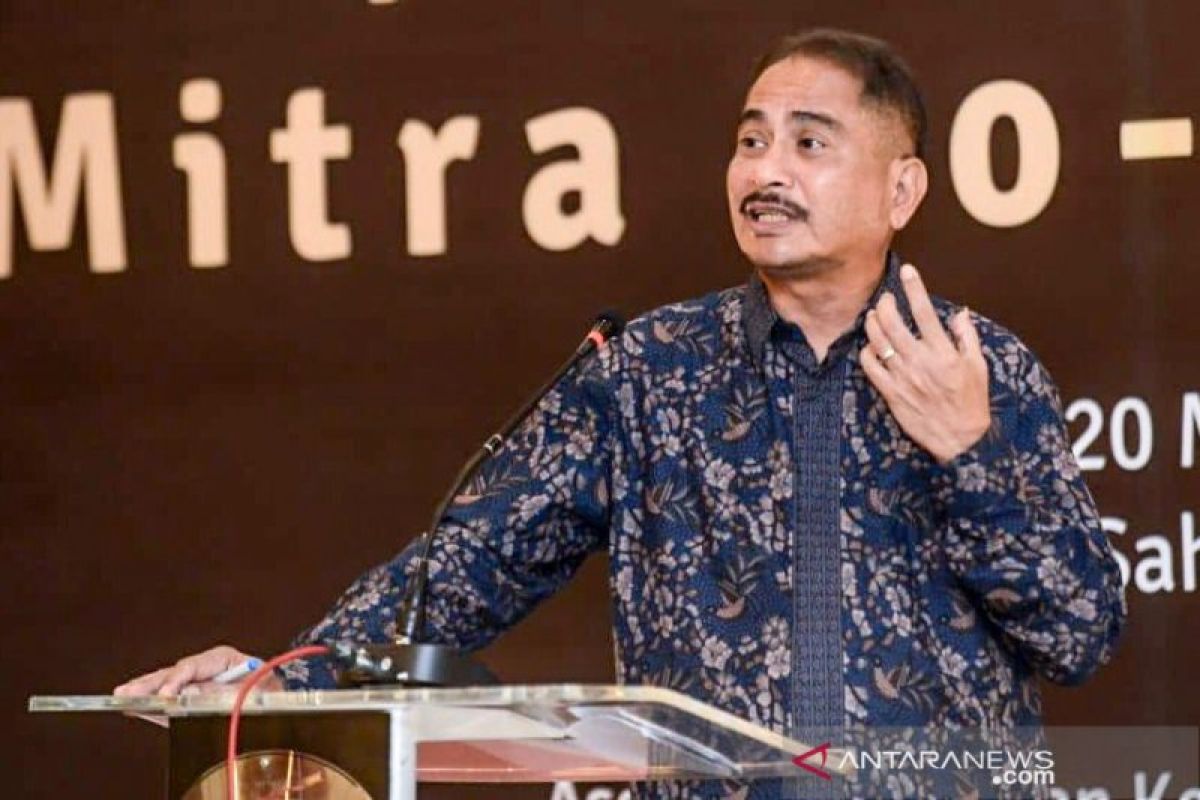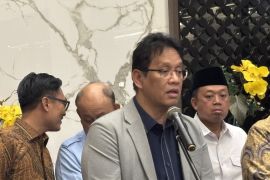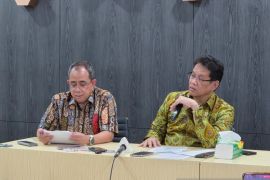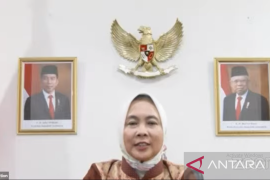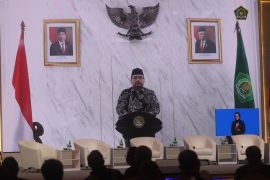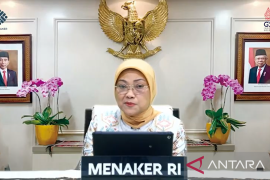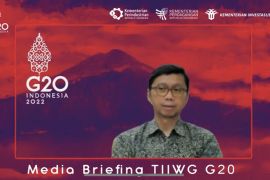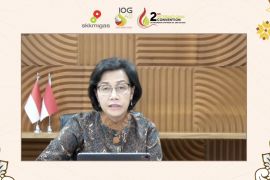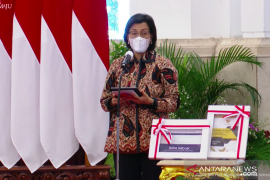According to experts, the public health and economic problems arising from this COVID-19 pandemic would have been handled by 2022Jakarta (ANTARA) - The world's economic recovery from the twin crises, encumbering several nations worldwide owing to the ongoing global COVID-19 pandemic, can be achieved in 2022, Indonesia's former tourism minister Arief Yahya stated.
"According to experts, the public health and economic problems arising from this COVID-19 pandemic would have been handled by 2022," Yahya informed participants of a virtual seminar on Indonesia's 2020 Brand Forum here, Tuesday.
Nearly all experts have projected global economic recovery during the post-novel coronavirus pandemic to not be fast but rather slow and gradual in nature, he noted.
Two major challenges in the path to realizing global economic recovery are finding ways to optimally handle the public health and economic issues arising from the novel coronavirus disease since they will otherwise impact the social sector, he stated.
Yahya pointed out that the impacts of the initial shock and aftershock of the COVID-19 pandemic on the economy were felt in the form of layoffs and bankruptcy of several companies.
However, the spirit of nationalism has arisen amid the COVID-19 pandemic during the aftershock phase, though the enforcement of lockdowns and travel restrictions had disrupted the supplies of goods.
During the aftershock phase, several countries have gradually relaxed and revoked their restricted movement policies and begun taken precautionary measures to mitigate the second wave of the COVID-19 outbreak, he pointed out.
The COVID-19 vaccine would be produced and distributed on a massive scale in 2021 to address the twin crises, he noted, adding that a full recovery in the world's economy was projected to occur in 2022.
The COVID-19 pandemic, which is undeniably a huge crisis in human history, had crippled the global economy, partly owing to travel restrictions, shutdown of business entities, disruption of supply chains, and border closures.
President Joko Widodo (Jokowi) admitted recently to have been apprised of the global economic crisis being a real challenge, and several nations had felt its impact amid the ongoing global pandemic.
The International Monetary Fund (IMF) had forecast that this year, several countries would experience an economic contraction.
The US economy is projected to contract up to minus eight percent, while the economies of Japan, the UK, France, Italy, Spain, and Germany are expected to decline to -5.8 percent, -10.2 percent, -12.5 percent, -12.8 percent, - 12.8 percent, and -7.5 percent, respectively.
According to the IMF, Indonesia's growth slowed in the first quarter of 2020 to three percent year-on-year, from five percent in the fourth quarter of 2019, or -2.4 percent quarter-on-quarter, mostly driven by reduced consumption and investment as containment measures were intensified in late February.
Indonesia's rupiah has depreciated by 1.9 percent against the US dollar, while equity prices had plunged by 21 percent, up from a 40-percent decline in late March, according to IMF's policy tracker, published on its official website.
The yield on rupiah-denominated 10-year government bonds had increased marginally by eight bps to 7.1 percent, decreasing from a 132-bps spike in late March, according to the IMF.
"What does this mean? It means that supply, demand, and production will get disrupted. We must be aware of the fact that while we are handling public health issues, we are still reeling from the other problem, that is, the economy," President Jokowi noted.
This has prompted a call for maintaining a balance in pushing the brake and accelerator pedals in managing the public health and economic crises. Related news: Regions with low COVID-19 cases can apply new normal: Jokowi
Related news: COVID-19 adding to challenge posed by forest fires
Close
EDITED BY INE
Translator: Aji Cakti, Rahmad Nasution
Editor: Fardah Assegaf
Copyright © ANTARA 2020
